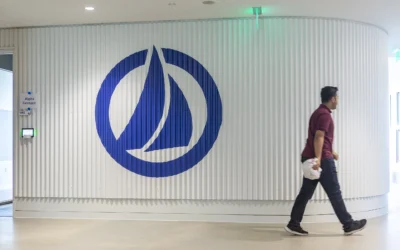In the two years leading up to the current economic crisis, private equity firms called in investor capital at record low levels. That’s one sign that private equity firms may have ultimately protected investors, according to eFront, the BlackRock-owned financial software and research company.
Capital calls, measured as a percentage of the total money raised, indicate how much private equity firms have put to work.
In contrast to the present, the industry deployed money at record high levels in the years before the global financial crisis of 2008 and 2009. Many of those investments subsequently tanked during the credit crisis. With scanty capital calls this time around, PE funds also have stocked coffers for investing in deals at depressed prices.
Private equity funds called 16.3 percent of committed capital in 2006 and 19.1 percent in 2007. Leveraged buyout “funds put huge sums of capital to work at the top of the market,” according to the report published Monday. In comparison, funds deployed 4.1 percent in 2018 and 3.3 percent in 2019.
“This may indicate that funds of recent vintage years have not been rushing to deploy capital early in a highly priced market, potentially limiting the damage caused to portfolios and also meaning that investors have large pools of dry powder available to make new acquisitions,” wrote the report’s authors.
Returns in private equity are highly correlated to the years in which funds are raised. When deals are largely done at the peak of valuation, investors’ returns will be lower. EFront expects private equity funds with vintage years in 2020 and 2021 will also benefit from government stimulus programs and global central banks’ loose monetary policies.
As private equity firms raised more and larger funds in the past few years, critics raised concerns about the volume of money at their disposal. Managers, flush with cash, couldn’t wait too long to invest, the thinking went, even if it was clear that valuations and competition for deals were likely at highs.
That turned out not to be the case — fortunately for investors.
“Unlike the previous two downturns, private market managers had been radically reducing their deployment of capital in the run up to this recession, while raising unprecedented amounts of capital. Whether this was a result of luck, judgement, or intuition, the industry appears exceptionally well placed to invest into any recovery. History suggests that those who start do so quickly, will reap the most benefit,” according to eFront.
Source: Institutional Investor
Can’t stop reading? Read more
Neuberger Berman commits $1bn to ClarityPay’s merchant-focused finance solutions
ClarityPay, a consumer finance solutions provider for merchants, secured up to $1bn in capital...
Thoma Bravo’s SailPoint targets $11.5bn valuation in US IPO
Cybersecurity firm SailPoint is preparing to go public again in the US, targeting a valuation of...
Balbec Capital closes sixth credit fund at $1.7bn, marking record fundraise
Balbec Capital closed its latest credit fund, Insolve Global Credit Fund VI, securing over $1.7bn...




